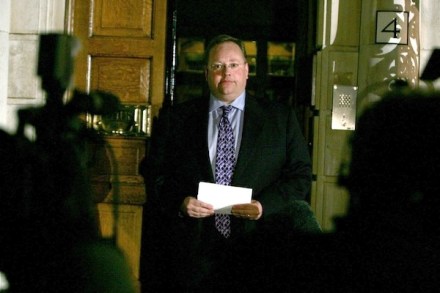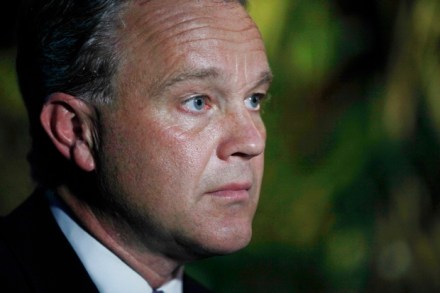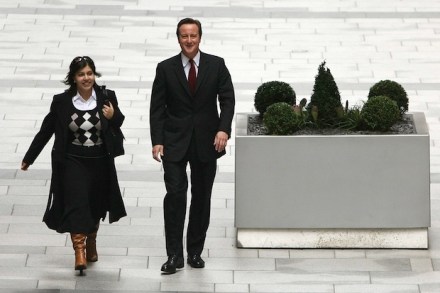Lib Dems reinstate Lord Rennard and drop disciplinary process
The Lib Dems are not taking any disciplinary action against Lord Rennard and have reinstated his membership, the party said this evening. Lord Rennard had been suspended from the party as part of the aftermath of allegations about his inappropriate conduct towards a number of women. A party spokesperson said: ‘The Regional Parties Committee met this week to consider whether the party had been brought into disrepute by statements made by Lord Rennard, or on his behalf, following the publication of Alistair Webster’s conclusions. ‘It decided not to proceed with the disciplinary process against him. This brings the matter to a close and means the suspension of his membership is




















